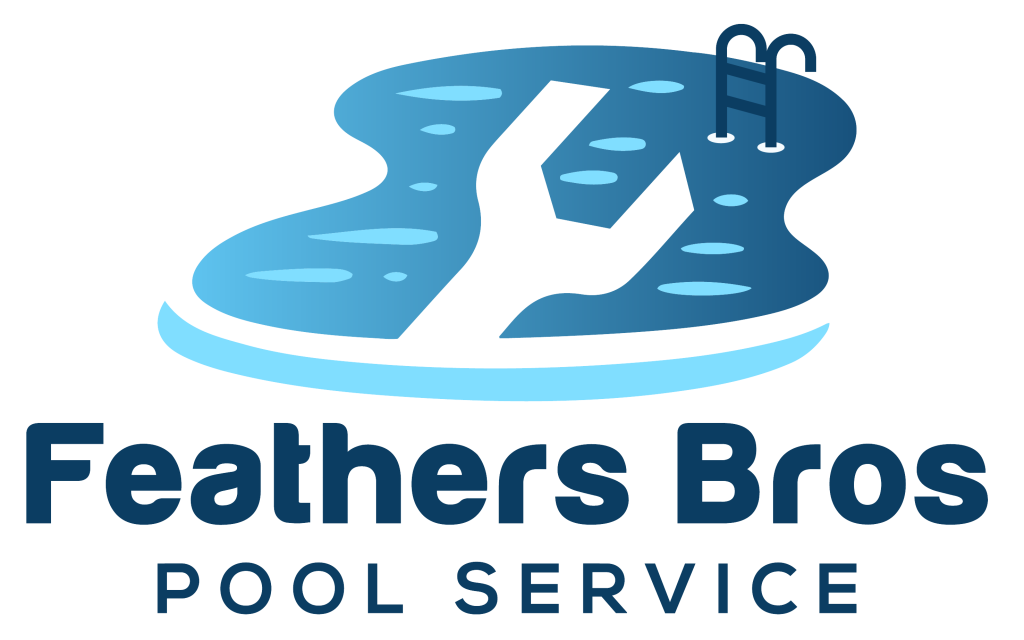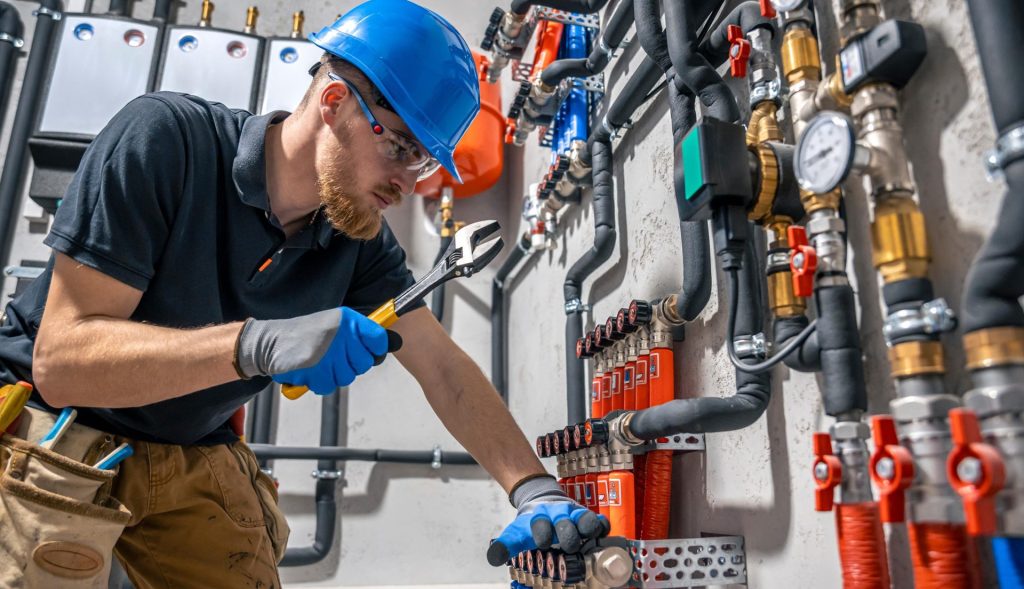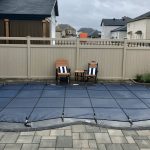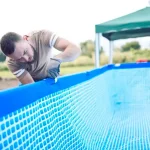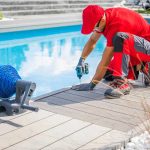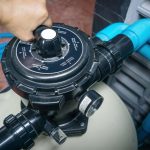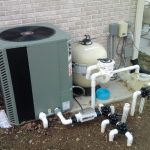Owning a pool is a dream come true for many homeowners, offering endless fun and relaxation during hot summers. However, maintaining a pool isn’t all about sipping lemonade by the water. One of the most critical components of your pool is the pool pump.
Your pool pump ensures proper water circulation, keeps the water clean, and prevents algae buildup. When your pool pump isn’t functioning as it should, it can turn your relaxing oasis into a maintenance headache. Instead of jumping straight to expensive replacements or service calls, consider these 10 expert repair tips to save money and keep your pool in top shape.
At Feathers Bros Pool Service, we take pride in being the Best Pool Care Company in Indianapolis, IN, helping homeowners keep their pools in pristine condition all season long.
What to Look for Before Repairing Your Pool Pump
Before jumping into DIY fixes, it’s crucial to diagnose the problem. A malfunctioning pool pump typically shows signs like unusual noises, loss of suction, or complete failure to turn on. Knowing what to look for will help you identify the issue and decide whether it’s a problem you can tackle or if you should call a professional. Now, let’s explore how you can troubleshoot and repair common pool pump problems.
1. Identify and Fix Air Leaks
Air leaks are one of the most common culprits behind pool pump issues. When air enters the system, it disrupts the water flow, causing your pump to lose suction.
Here’s how to detect air leaks:
- Check the pump’s O-rings for wear and tear. These are small rubber gaskets that can crack or become brittle over time.
- Inspect the threaded fittings and unions where the plumbing connects to the pump to ensure they’re sealed tightly.
- A simple test involves running water over the suspected areas while the pump is running. If the air bubbles in the water stop, you’ve found the leak.
Fix:
Replace worn-out O-rings and apply silicone-based lubricant to improve their seal. Tighten connections or re-seal them with Teflon tape to stop unwanted airflow.
2. Clear Clogs in the Pump Basket or Impeller
Another common cause of pump malfunction is a blockage. Leaves, small debris, and other material can clog the pump basket or impeller, reducing water flow.
Here’s what you can do:
- Shut off the pump and open the pump basket lid. Clear out any visible debris inside the basket.
- If the issue persists, remove the pump housing to inspect the impeller for debris. A long screwdriver or wire hook can help you remove blockages.
Maintaining a clean pool and regularly emptying the pump basket prevents this issue.
3. Inspect and Replace the Pool Pump Motor
A noisy pump is often a sign that your motor bearings are worn out. This issue typically arises over time, especially with pumps that haven’t been maintained regularly.
If you hear screeching or grinding noises:
- Open the motor casing and check the bearings.
- If they’re worn, you can replace them using a bearing puller (a moderately advanced DIY task) or opt for a professional repair.
Pro Tip: Regularly cleaning your motor and ensuring sufficient lubrication can extend its life expectancy.
4. Address Pool Pump Cavitation
Cavitation occurs when air mixes with water in the pump, creating vibrations and loud noises.
Common causes include:
- Low water levels
- A clogged pump impeller
- Incorrect valve settings
Rectify these issues by topping off pool water, clearing blockages, and adjusting your valves to optimize water flow.
5. Fix Electrical Problems
If the pump fails to power up, it’s likely an electrical issue. Before calling an electrician, check the following:
- Ensure the breaker and timer are functioning properly.
- Inspect the pump’s wiring for visible damage or disconnections.
- Use a multimeter to check if the pump is receiving power.
Caution! Always turn off the circuit breaker before inspecting electrical components to avoid injury.
6. Replace a Worn or Noisy Seal Plate Gasket
The seal plate gasket (or shaft seal) prevents water from leaking into the motor assembly. Over time, this gasket can wear out, leading to leaks. A faulty shaft seal can also cause overheating.
Fixing this involves:
- Turning off the power to your pump.
- Disassembling the pump housing to access the seal plate gasket.
- Replacing it with a high-quality replacement and reassembling the pump.
It’s a minor repair but crucial to avoid costly motor damage.
7. Pay Attention to Overheating Pumps
If your pool pump keeps shutting down or feels excessively hot, the motor may be overheating.
- Check if direct sunlight is causing overheating. Placing the pump under shade can resolve the problem.
- Ensure ventilation around the motor as obstructed air intake can lead to high temperatures.
- Check for blockages or pressure issues that could be straining the motor.
8. Monitor Water Pressure Changes
A sudden drop in water pressure or no pressure at all? Pressure problems might be due to leaks, blockages, or issues in the pool filter.
- Inspect for clogs in pipes and clean the pool filter regularly to prevent pressure issues.
- Check your backwash valve for proper alignment, as misaligned valves can hinder water flow.
9. Lubricate Moving Parts Regularly
Neglecting lubrication is one of the fastest ways to wear out pump components. Every moving part—from O-rings to bearings—is subject to friction, especially in high-use systems.
Regularly apply silicon-based lubricants on:
- O-rings (instead of petroleum-based lubricants which can cause seals to swell)
- Shaft bearings to reduce wear over time.
10. Be Proactive with Regular Pool Pump Maintenance
The best way to avoid costly repairs is by staying proactive. Here’s a simple maintenance checklist for your pool pump:
- Weekly: Check and clean the pump basket and remove debris from the pool skimmer.
- Monthly: Inspect seals and lubrication levels, and clean the pump and impeller thoroughly.
- Annually: Schedule a professional inspection to catch issues before they escalate.
Not only will this reduce unexpected breakdowns, but it’ll also extend the life of your pump.
Keep Your Pool Running Smoothly
Repairing your pool pump doesn’t have to mean breaking the bank. By following these expert tips, you can tackle many pool pump problems yourself and save on expensive service calls. That said, don’t hesitate to call a professional if a repair feels beyond your skill set. With proper maintenance and timely fixes, your pump will stay in top shape, ensuring your pool is always ready for a swim.
For expert pool pump repair services in Indianapolis, IN, trust Feathers Bros Pool Service to keep your pool running smoothly all season long.
